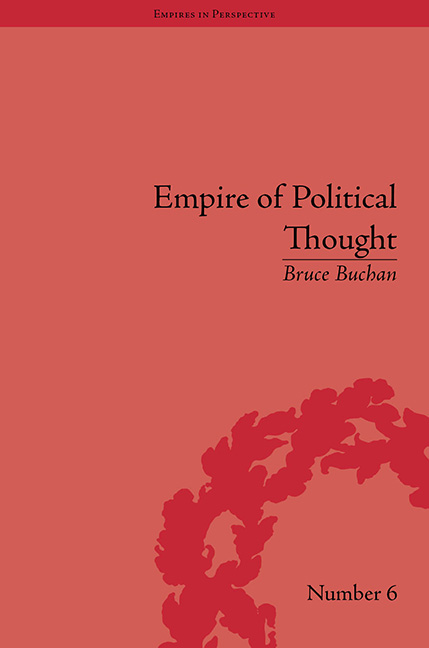Book contents
- Frontmatter
- CONTENTS
- Acknowledgements
- List of Illustrations
- Introduction
- 1 Savagery, Civilization and Political Thought
- 2 ‘Trafficking’ for Empire: Commerce, Consent and Colonization
- 3 Difficult Subjects
- 4 The Subject of War
- 5 Fit for Society
- 6 Liberalism, Self-Government and the Ethnography of ‘Primitive Society’
- Conclusion: After the Tide of History, Reconciliation?
- Notes
- Works Cited
- Index
1 - Savagery, Civilization and Political Thought
- Frontmatter
- CONTENTS
- Acknowledgements
- List of Illustrations
- Introduction
- 1 Savagery, Civilization and Political Thought
- 2 ‘Trafficking’ for Empire: Commerce, Consent and Colonization
- 3 Difficult Subjects
- 4 The Subject of War
- 5 Fit for Society
- 6 Liberalism, Self-Government and the Ethnography of ‘Primitive Society’
- Conclusion: After the Tide of History, Reconciliation?
- Notes
- Works Cited
- Index
Summary
The famous ‘Additional Instructions’ given to Captain Cook, marked ‘secret’ by the Admiralty, outlined a second objective for his Endeavour voyage into the Pacific Ocean in 1768. His first and publicized task was to observe the transit of Venus from Tahiti. The second was to proceed through the South Seas in order properly to chart the presumed vast southern continent, Terra Australis Incognita, colloquially known as New Holland. In relation to this second objective in particular, Cook was required to ‘observe the Genius, Temper, Disposition and Number of the Natives, if there be any, and endeavour by all proper means to cultivate a Friendship and Alliance with them’. This aim was to be pursued by presenting ‘the natives’ with ‘such Trifles as they may Value’, thereby inviting them to ‘Traffick’ while showing them ‘every kind of Civility and Regard’. Finally, in a phrase that seemed almost a throw-away line, but the import of which would resurface throughout Australian colonial history, Cook was instructed, ‘with the Consent of the Natives’, to ‘take possession of Convenient Situations in the Country in the Name of the King’ or, if uninhabited, to ‘take Possession for His Majesty by setting up Proper Marks and Inscriptions’. Doubt hangs over what the instruction to obtain the ‘consent of the natives’ would have meant to a naval officer like Cook. What we can say is that Cook does not appear to have obtained or even to have asked for any ‘consent’ before taking possession of the eastern coast of New Holland in August 1770.
In this chapter and the following, I want to place this decision in the context of my analysis of ‘savagery and civilization’ in Western thought. I begin in this chapter with an exploration of the development of European notions of ‘savagery and civilization’ before examining their application in colonial contexts in Chapter 2. My approach differs from those who attribute Cook's and his successor's failure to obtain Indigenous consent to possession to the influence of the legal doctrine of terra nullius.
- Type
- Chapter
- Information
- Empire of Political ThoughtIndigenous Australians and the Language of Colonial Government, pp. 17 - 32Publisher: Pickering & ChattoFirst published in: 2014

